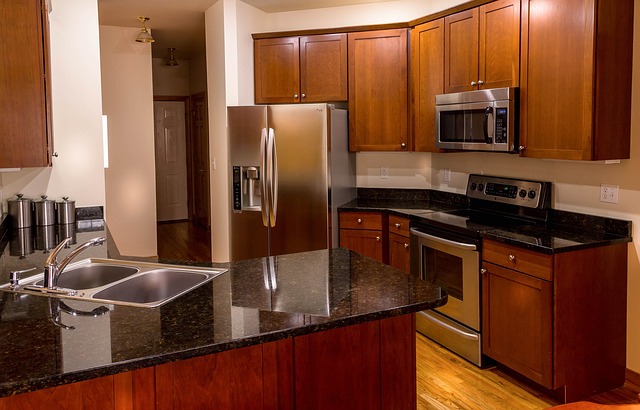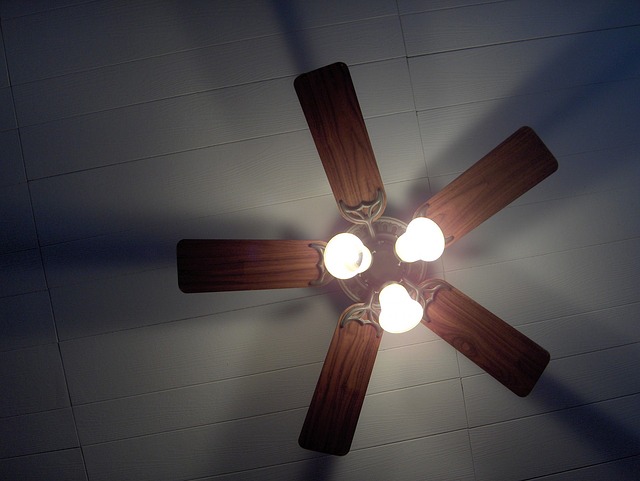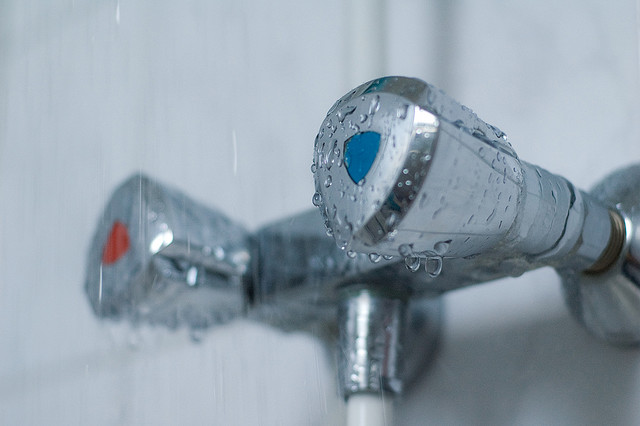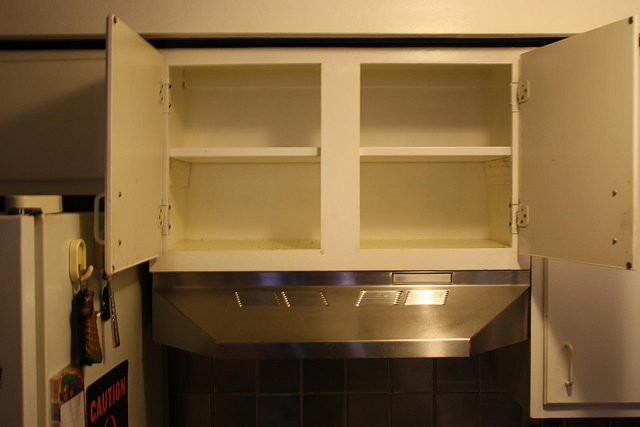Buying or renting a house for the first time is a major milestone.
The process of looking for the perfect house is over in a flash for the lucky ones, but for everyone else, it’s a lot of trial and error. You’ll quickly find that there are other considerations beyond the number of rooms and the locality when you’re house hunting.
For instance, it’s a good idea to think about the basic amenities you would need in your home. When you’re looking for properties, check to make sure these facilities are present, relatively new, and in working order.
If you’re unclear on what these important home amenities are, keep reading. This handy guide will tell you about the facilities you should look out for, and how to make sure they’re functioning.
Let There Be Light
Lights, fans, and switchboards are among the first things you need to check when you walk into a house.
Switch on everything in every room, making sure that lights come on and stay that way. Most homes today use CFL lighting, but if they don’t, make sure your lights aren’t in danger of overheating.
Flickering lights are usually just an indicator of an old fixture, so replacing them should take care of the issue.
To check your fans, turn up the fan speeds to check if they’re moving noiselessly, because a creaking ceiling fan usually means a few loose screws or damaged bearings. Leave them on for a bit so you can be certain that they’re working fine and don’t stop after a while due to a loose connection.
All the switchboards should be fixed to the wall without any visible gaps, and shouldn’t be more than 10 years old. A dated switchboard is just asking for a short-circuit.
Check all the plug points to make sure they’re working. If you get an electrical shock from whatever you’ve plugged in, the house likely has an earthing issue which needs to be fixed post-haste.
If you’re faced with sparks or a burning smell, switch everything off immediately. The electrical system probably has a persistent circuit failures or wiring problems and you shouldn’t move in till all those issues have been identified and repaired.
No Hell Or High Water
Start your check of the plumbing in the house by turning on all the valves. Then, turn on the taps in all the bathrooms and kitchens to make sure the water flows freely, and runs clear after a few seconds.
Don’t be alarmed if the water from the taps starts off muddy—this is likely because of the accumulated dirt in the pipe, but this dirt is flushed out quickly. If the water continues being muddy, though, the tank needs a deep clean.
If the water isn’t flowing through at all, then your pipes are likely blocked. Ensure that your fittings and drainage systems aren’t older than 15 years, because blockage is a recurring issue with old fittings. Moreover, the older your fittings are, the more susceptible they are to corrosion, which makes replacement inevitable.
Similarly, the main sewerage line should have been laid in recently, because otherwise you’re going to have to deal with frequent blocks till it is relined. Older sewerage lines are smaller, and not built to handle the kind of waste that modern households produce.
If the house doesn’t come with a water heater, make sure the plumbing in all the bathrooms allows for geysers to be attached.
Flush the toilets to see if water leaks through the mechanism or along the sides. Then, check the commode to make sure that it’s fixed firmly by pushing it and seeing if it moves. Even the slightest of shifts needs to be fixed because it can be a potential site of leakage later.
The Skeletons In Your Closets
While can you safely ignore minor cosmetic defects on cabinets and in-built cupboards, you should definitely check for rusted hinges or loose screws.
If the doors don’t close properly, it’s likely because of a loose screw. If tightening these doesn’t help, the cabinets probably need to be refitted. All the drawers should be easy to open and close, and there shouldn’t be any broken handles.
Any rods inside cupboards, for hanging your clothes, should be checked over for rust as well, so you don’t risk tetanus every time you hang up your jacket.
There shouldn’t be any signs of mold or termite infections like discarded wings or mud tubes, because if there are, the house is going to prove more expensive than you planned for it to be.
And that’s it! Make sure your fixtures and fittings are certified by the Indian Bureau of Standards, and are all functioning as they should, and you’ll be able to find the perfect home in no time.
Download Quikr App for Android, Windows and iOS devices here.





